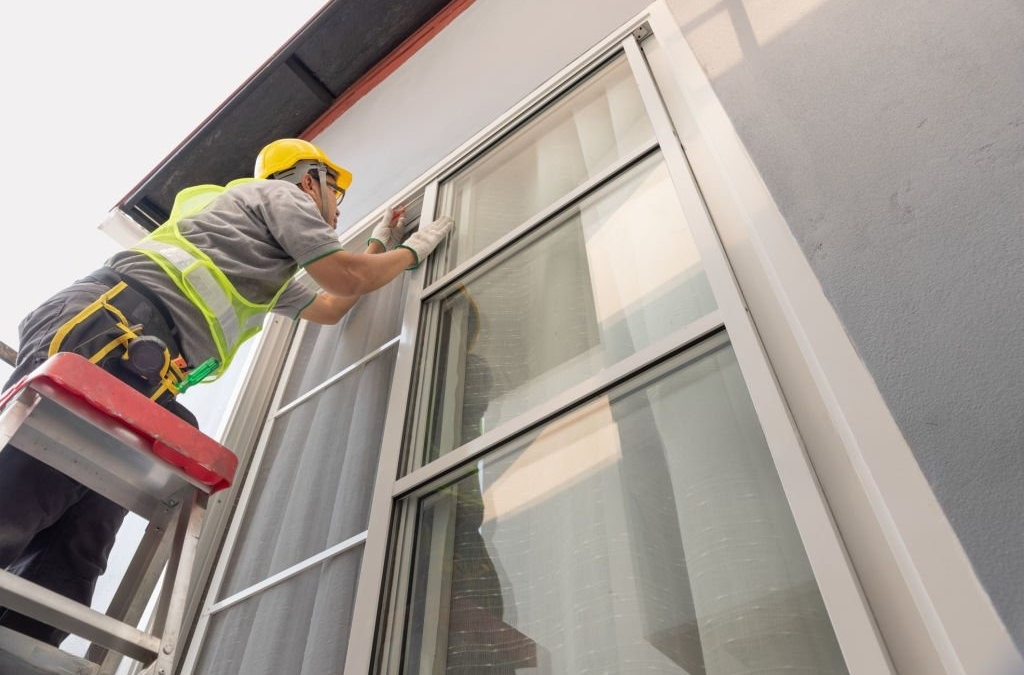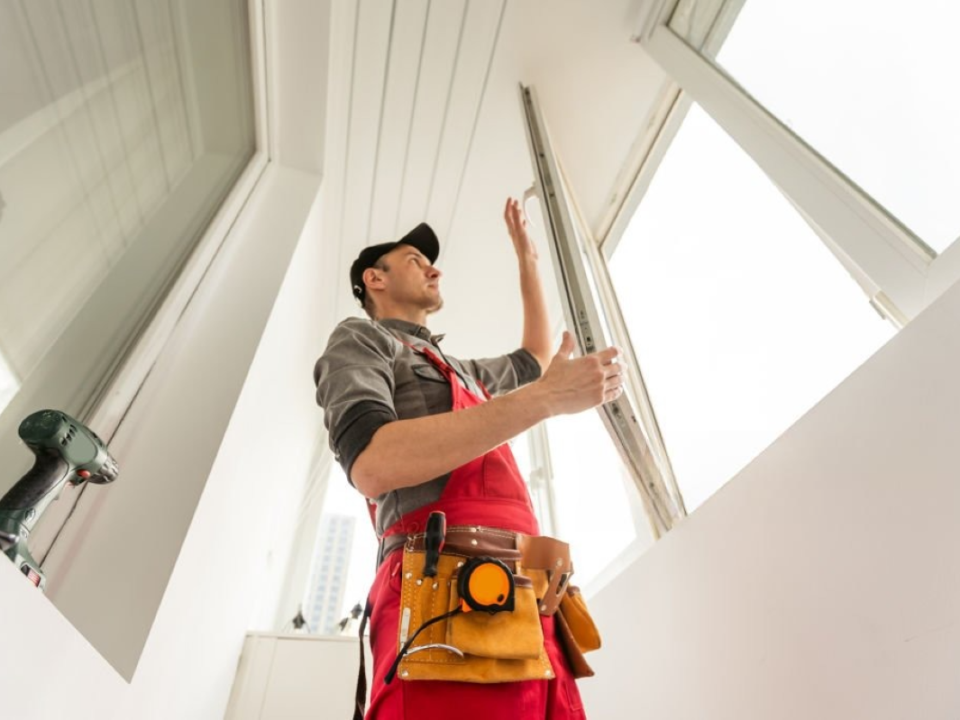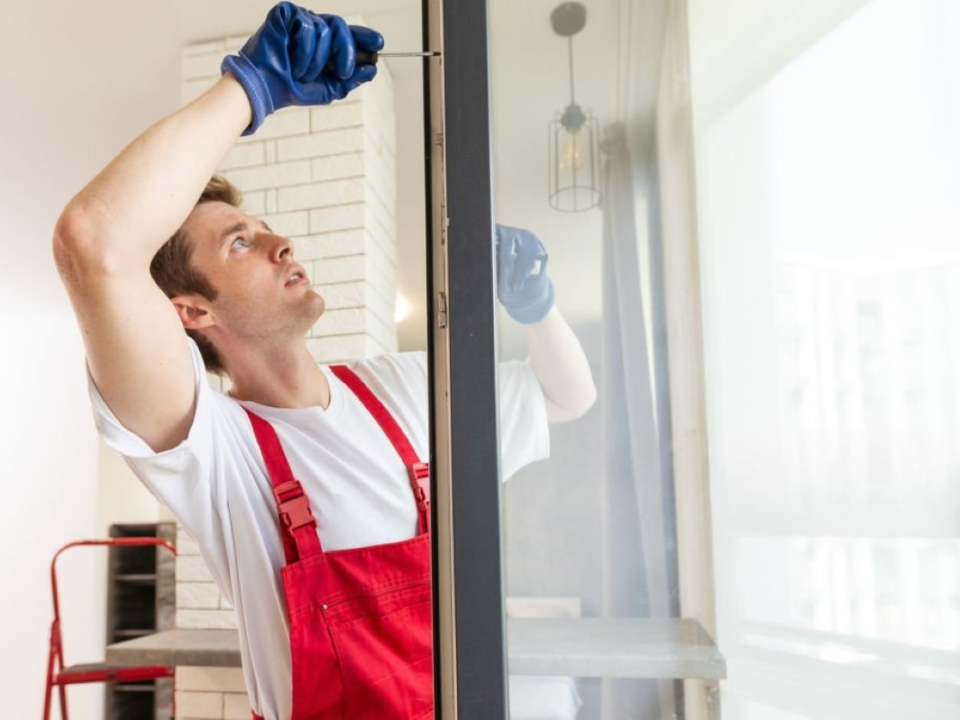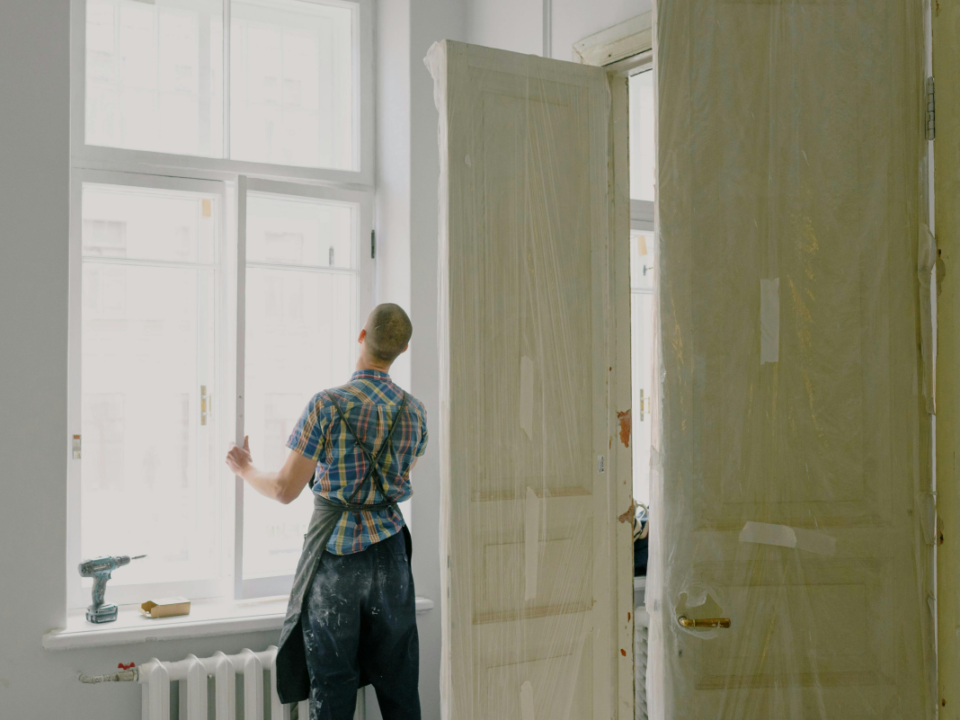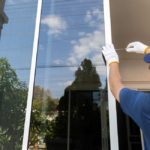
How Storefront Glass Door Repair Prevents Security Risks for Your Business
December 20, 2024When it comes to door glass replacement, ensuring the safety of your door glass is paramount. Whether it’s for your home, office, or commercial space, you must be aware of the safety standards that apply to glass door replacement. This guide explores the key factors to consider when replacing door glass, highlighting the types of glass that meet safety standards and the steps involved in ensuring proper installation.
Why Safety Standards for Door Glass Are Crucial
Glass doors are stylish and functional, but they must also meet strict safety standards to prevent accidents. The risk of shattered glass, injuries, or accidents can be minimized by choosing the right type of glass for your door. Whether you’re replacing a broken office glass door or installing a new one in your home, understanding these standards ensures long-term safety and durability.
Types of Glass Used in Door Replacement
Not all glass is the same, and when it comes to door glass replacement, some types are more suitable than others. Here are the most common types of glass used for doors and their safety benefits:
- Tempered Glass
Tempered glass is a popular choice for door replacements due to its strength and safety features. It is heat-treated to increase its durability, making it less likely to shatter on impact. If it does break, it shatters into small, rounded pieces rather than dangerous shards, reducing the risk of injury. - Laminated Glass
Laminated glass consists of two layers of glass with a plastic layer in between. This construction prevents the glass from breaking apart when impacted. It’s an excellent choice for those who need extra security, as it makes it harder for intruders to break through. - Insulated Glass
If energy efficiency is a priority, insulated glass can be an ideal option for your door replacement. It’s designed to keep the interior of your home or office comfortable while offering a certain level of safety. While not as strong as tempered or laminated glass, it still meets standard safety guidelines for residential or commercial doors.
Safety Standards for Glass Door Installation
When replacing door glass, it’s essential to consider the installation process. Proper installation ensures that the glass is secure and meets safety requirements. Different building codes and regulations apply depending on the location and type of door, such as the following:
- Building Codes and Regulations
In most locations, local building codes dictate the type of glass required for specific doors, particularly in high-traffic areas like commercial spaces or office buildings. For example, safety glass is often required for exterior doors or doors in areas where there’s a higher risk of impact. - Regulations for Public Spaces
Public spaces, including office buildings, require strict adherence to safety standards. Office glass doors are often subject to regulations that mandate the use of tempered or laminated glass. These safety measures ensure that the glass can withstand force and is less likely to cause injury in the event of a break. - ADA Compliance
For doors in commercial spaces, compliance with the Americans with Disabilities Act (ADA) is also important. Certain door glass types must be installed to meet accessibility standards, which includes considerations for visibility, ease of use, and the prevention of accidents.
Factors to Consider When Choosing Glass for Door Replacement
Several factors should influence your choice of glass for door replacement. These include not only safety but also aesthetic appeal and functionality. Some of the most critical factors include:
- Location of the Door
Consider where the door is located before selecting the glass type. For example, a glass door in a high-traffic area requires tougher glass, such as tempered or laminated glass, while a door in a private area may not require such a high level of strength. - Weather Resistance
In locations prone to extreme weather conditions, selecting glass with enhanced weather resistance is essential. Insulated glass or glass with a special coating can help maintain the integrity of the door and prevent issues like condensation. - Security Needs
If security is a concern, opt for stronger types of glass, such as laminated or tempered glass. These are ideal for areas that are more vulnerable to break-ins or accidents. - Aesthetic Preferences
While safety is critical, aesthetics play a role too. The right glass can complement the interior design of your home or office. Choose glass with finishes, tints, or patterns that align with your style, all while meeting safety standards.
The Glass Door Replacement Process: Ensuring Proper Installation
The installation process for replacing a glass door is equally important as selecting the correct glass. An improperly installed glass door can lead to serious safety hazards. Here’s what you need to ensure during the installation:
- Professional Installation
Hire professionals who understand the installation process and can ensure that the glass is correctly fitted. They will be familiar with local codes and regulations, ensuring that the installation meets all safety requirements. - Sealing and Reinforcement
Proper sealing and reinforcement are necessary to ensure the glass stays in place and doesn’t pose a risk. The frame must be securely anchored, and the glass should be fitted precisely to avoid any gaps or weaknesses. - Quality Control Checks
Once the glass is installed, conduct a quality check. This includes inspecting the glass for cracks, chips, or imperfections that could compromise its strength or safety. Always ensure that the glass used meets the required safety standards before installation is completed.
Replacing your door glass is not a task to take lightly, as it directly affects the safety of your space. By understanding the types of glass available, the safety standards that apply, and the importance of professional installation, you can ensure that your glass door replacement is both secure and stylish. Whether you’re replacing an office glass door or upgrading your home’s entryway, choosing the right glass type and following safety standards is crucial for long-term durability and peace of mind.


